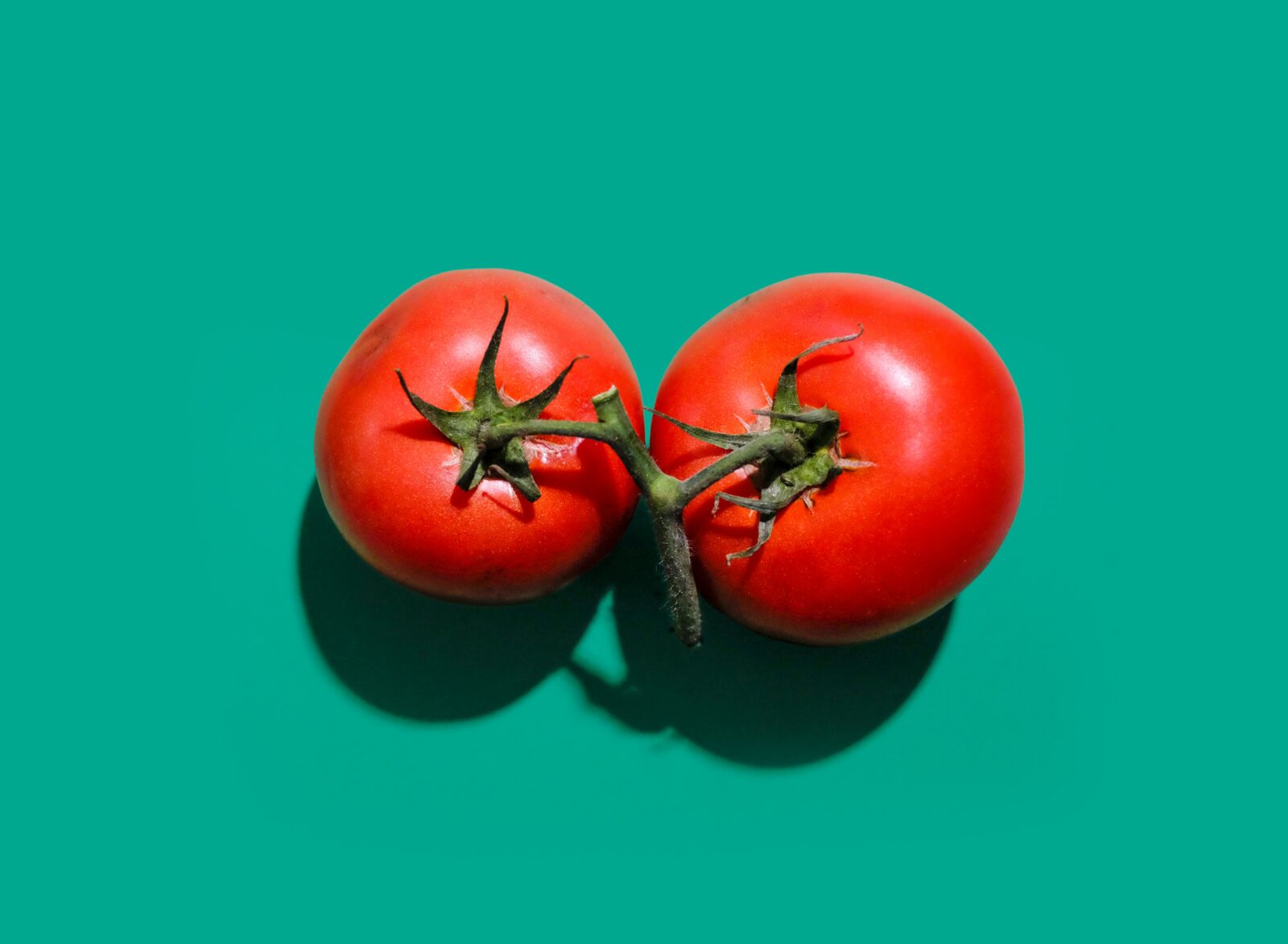Researchers found that vegetarian kids’ development and nourishment were on par with those who ate meat in a research involving roughly 9,000 youngsters.
The study also indicated that children who eat a plant-based diet are more likely to be underweight, highlighting the need of taking vegetarian kids’ meals seriously.
In the past two decades, plant-based meals have grown in prominence and the food system has changed, making plant-based options more readily available. Nevertheless, there has been little study addressing the nutritional consequences of vegetarian youngsters.
Researchers found that vegetarian-eating youngsters in Canada grew and metabolized nutrients similarly to their non-vegetarian counterparts. Vegetarian diets have been linked to an increased risk of being underweight, highlighting the need for cautious nutritional management for children who are underweight.
Children who ate a vegetarian diet showed identical BMI, stature, hemoglobin, vit D, as well as cholesterol concentrations as those who ate meat, according to a study published in the journal Pediatrics. Underweight is characterized as a body mass index (BMI) of less than the 3rd percentile for a person of a child’s height and weight. Obesity was not shown to be a factor in this study.
Kid malnutrition may cause the kid to be underweight, which indicates a lack of nutritional support for proper development. The scientists highlighted the importance of ensuring that vegetarian-eating children have easy entry to health care suppliers who can supervise their development as well as provide nutritional support and direction.
As a result of inconsistent findings from previous research, international standards on vegetarian diets for infants and children varied, and previous investigations have shown different results.
Unfortunately, the authors did not examine the nutritional value of vegetarian diets as an important aspect of the investigation. There are a wide variety of dietary patterns, and the integrity of the particular diet may have a significant impact on development and nutritional results, experts say.











Leave a Reply